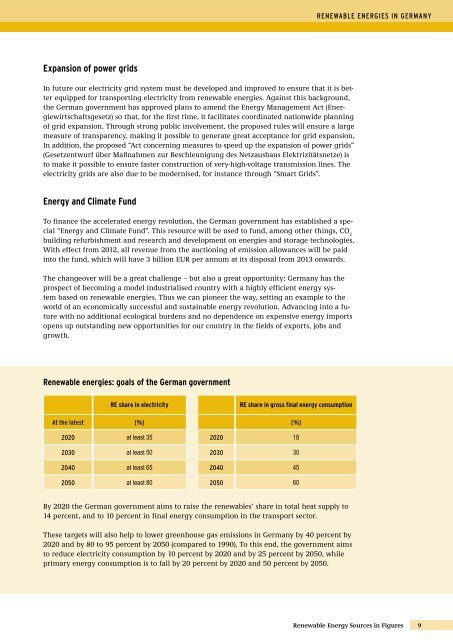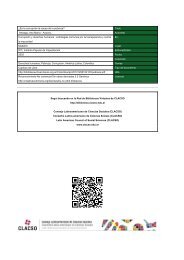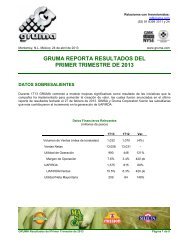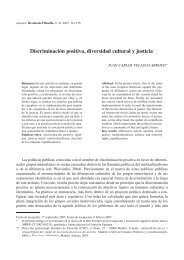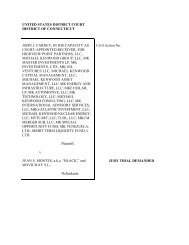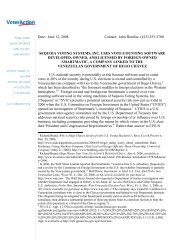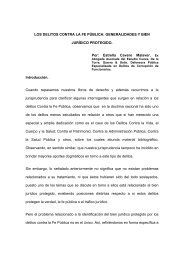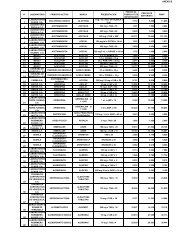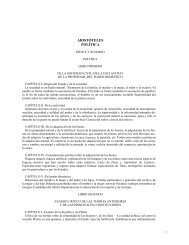broschuere ee zahlen en bf
broschuere ee zahlen en bf
broschuere ee zahlen en bf
Create successful ePaper yourself
Turn your PDF publications into a flip-book with our unique Google optimized e-Paper software.
Expansion of power grids<br />
In future our electricity grid system must be developed and improved to <strong>en</strong>sure that it is better<br />
equipped for transporting electricity from r<strong>en</strong>ewable <strong>en</strong>ergies. Against this background,<br />
the German governm<strong>en</strong>t has approved plans to am<strong>en</strong>d the Energy Managem<strong>en</strong>t Act (Energiewirtschaftsgesetz)<br />
so that, for the first time, it facilitates coordinated nationwide planning<br />
of grid expansion. Through strong public involvem<strong>en</strong>t, the proposed rules will <strong>en</strong>sure a large<br />
measure of transpar<strong>en</strong>cy, making it possible to g<strong>en</strong>erate great acceptance for grid expansion.<br />
In addition, the proposed “Act concerning measures to sp<strong>ee</strong>d up the expansion of power grids”<br />
(Gesetz<strong>en</strong>twurf über Maßnahm<strong>en</strong> zur Beschleunigung des Netzausbaus Elektrizitätsnetze) is<br />
to make it possible to <strong>en</strong>sure faster construction of very-high-voltage transmission lines. The<br />
electricity grids are also due to be modernised, for instance through “Smart Grids”.<br />
Energy and Climate Fund<br />
To finance the accelerated <strong>en</strong>ergy revolution, the German governm<strong>en</strong>t has established a special<br />
“Energy and Climate Fund”. This resource will be used to fund, among other things, CO 2<br />
building refurbishm<strong>en</strong>t and research and developm<strong>en</strong>t on <strong>en</strong>ergies and storage technologies.<br />
With effect from 2012, all rev<strong>en</strong>ue from the auctioning of emission allowances will be paid<br />
into the fund, which will have 3 billion EUR per annum at its disposal from 2013 onwards.<br />
The changeover will be a great chall<strong>en</strong>ge – but also a great opportunity: Germany has the<br />
prospect of becoming a model industrialised country with a highly effici<strong>en</strong>t <strong>en</strong>ergy system<br />
based on r<strong>en</strong>ewable <strong>en</strong>ergies. Thus we can pion<strong>ee</strong>r the way, setting an example to the<br />
world of an economically successful and sustainable <strong>en</strong>ergy revolution. Advancing into a future<br />
with no additional ecological burd<strong>en</strong>s and no dep<strong>en</strong>d<strong>en</strong>ce on exp<strong>en</strong>sive <strong>en</strong>ergy imports<br />
op<strong>en</strong>s up outstanding new opportunities for our country in the fields of exports, jobs and<br />
growth.<br />
R<strong>en</strong>ewable <strong>en</strong>ergies: goals of the German governm<strong>en</strong>t<br />
RE share in electricity<br />
At the latest [%]<br />
2020 at least 35<br />
2030 at least 50<br />
2040 at least 65<br />
2050 at least 80<br />
RE share in gross final <strong>en</strong>ergy consumption<br />
[%]<br />
2020 18<br />
2030 30<br />
2040 45<br />
2050 60<br />
By 2020 the German governm<strong>en</strong>t aims to raise the r<strong>en</strong>ewables‘ share in total heat supply to<br />
14 perc<strong>en</strong>t, and to 10 perc<strong>en</strong>t in final <strong>en</strong>ergy consumption in the transport sector.<br />
These targets will also help to lower gr<strong>ee</strong>nhouse gas emissions in Germany by 40 perc<strong>en</strong>t by<br />
2020 and by 80 to 95 perc<strong>en</strong>t by 2050 (compared to 1990). To this <strong>en</strong>d, the governm<strong>en</strong>t aims<br />
to reduce electricity consumption by 10 perc<strong>en</strong>t by 2020 and by 25 perc<strong>en</strong>t by 2050, while<br />
primary <strong>en</strong>ergy consumption is to fall by 20 perc<strong>en</strong>t by 2020 and 50 perc<strong>en</strong>t by 2050.<br />
rEnEWABLE EnErGiES in GErmAnY<br />
R<strong>en</strong>ewable Energy Sources in Figures<br />
9


